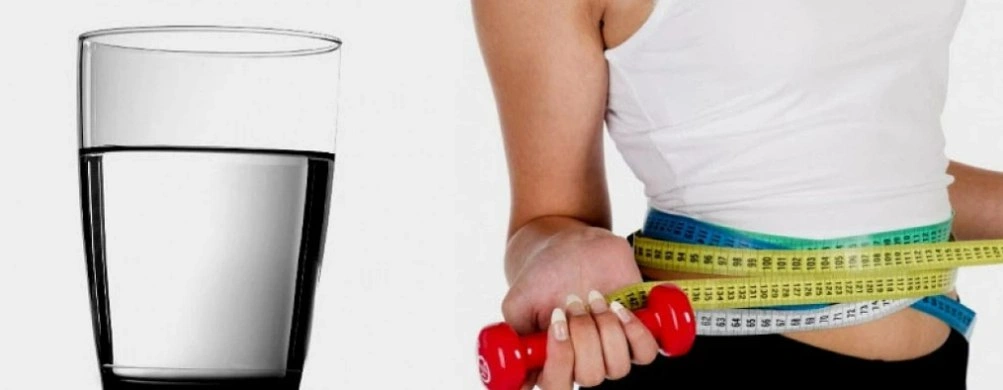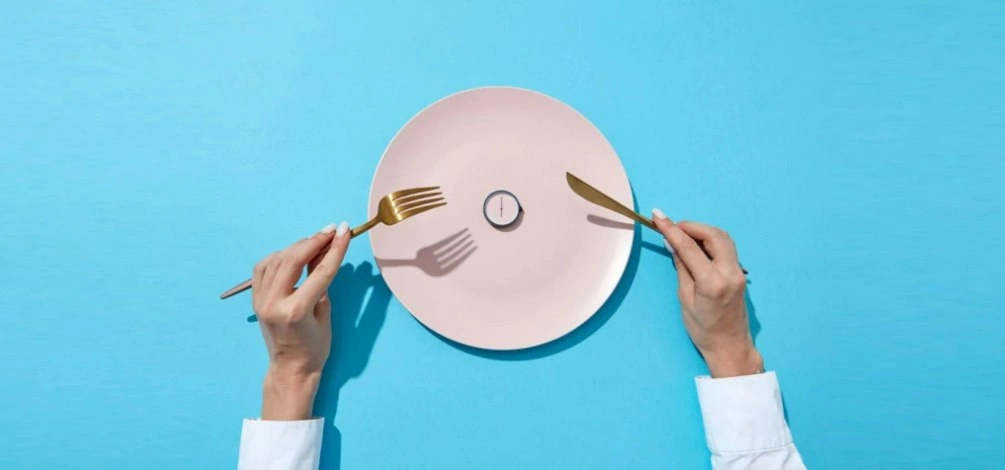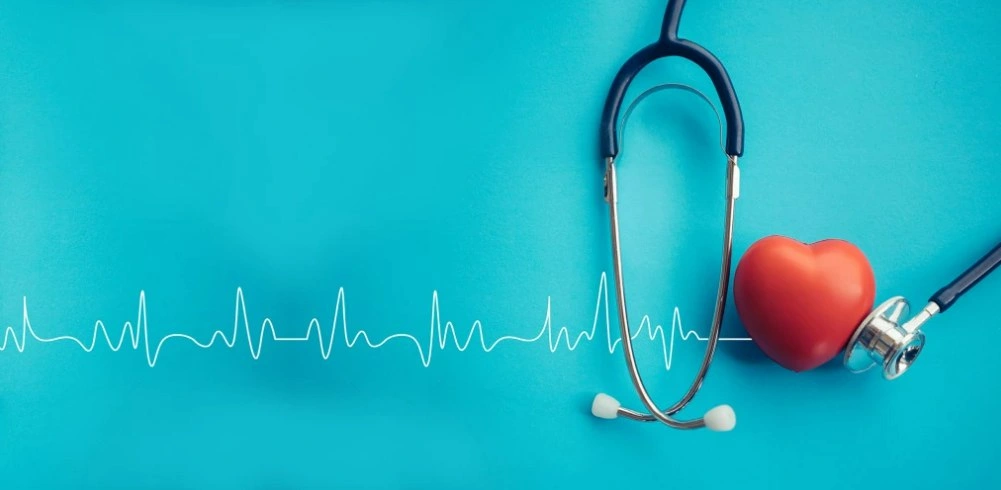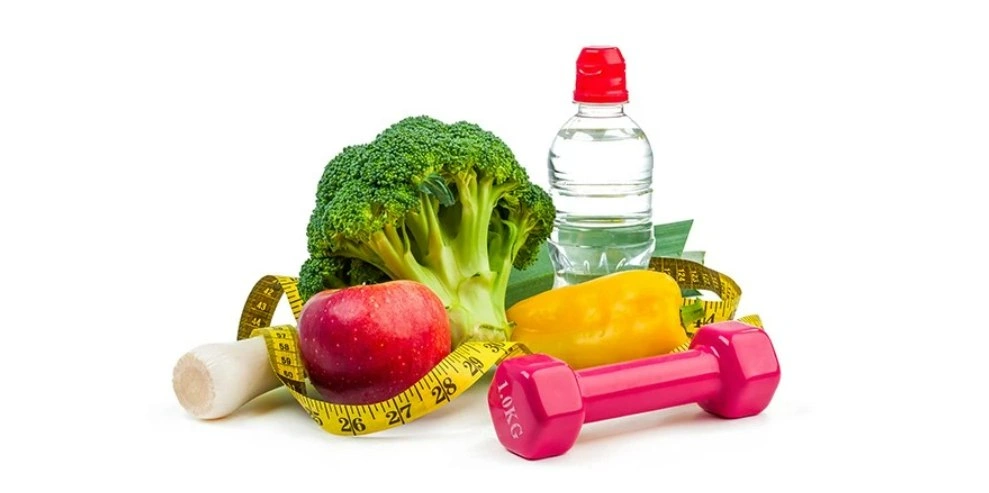Recently, the importance of water in the human diet has gained much attention. Hydration truly is crucial, as inadequate water intake leads to various health issues, affecting the gastrointestinal, urinary, and nervous systems. The severity of these effects depends on the level of dehydration.
We've previously covered topics like how much water is in the human body, daily water needs, and signs of dehydration. Today, let’s explore another popular question: can drinking water alone help you lose weight? There’s plenty of information online on this topic, though much of it lacks scientific backing. Here, we aim to evaluate key claims and determine whether they are supported by evidence-based medicine.
Does Water Help with Weight Loss?

Water is a fundamental component of the human diet. Essential for all bodily tissues, adequate water intake promotes proper metabolism, which makes hydration important for weight loss and overall health.
There are two main approaches to a water-based diet for weight loss:
- Short-term water-only fasting (1-3 days) with ample hydration
- Calorie-restricted diet with a structured hydration regimen
Each approach works differently, so let’s discuss them individually.
Water Diet or Fasting
Water fasting as a healing method has been practiced for thousands of years. Recently, it has become popular again because it allows for quick weight loss without strict food restrictions. In addition to weight loss, water fasting is sometimes undertaken for religious rituals, detox, specific medical conditions, or preparation for surgeries. Some people add slight flavor to the water (e.g., lemon) while fasting.

This form of water fasting involves no food intake, with water consumption slightly above normal daily intake. On average, during therapeutic fasting, people drink 2-3 liters of water daily. If you exercise during this period, this amount may need to increase. Maintaining proper hydration is essential, as fasting without food means you are missing about 30% of the water you’d usually get from food sources.
Who Should Avoid Water Fasting?

Water fasting is strictly contraindicated or allowed only under medical supervision for some groups: older adults, pregnant women, and children. Additional conditions that prohibit fasting include:
- Gout
- Diabetes (both types 1 and 2)
- Eating disorders
- Severe migraines
During fasting, especially beyond 24 hours, strenuous activities, operating heavy machinery, and driving should be avoided due to potential dizziness and other neurological side effects.
Preparation for Fasting: Gradual portion reduction over several days is recommended before starting fasting, regardless of health status. Fasting longer than 72 hours should only occur under medical supervision.
Benefits of Water Fasting
Research on fasting for medical purposes is limited, but available studies suggest some benefits:
- Blood Pressure Reduction: Two studies on prolonged fasting (10-14 days) under medical supervision showed blood pressure stabilization in 82-90% of participants.
- Improved Sensitivity to Insulin and Leptin: These hormones regulate metabolism. However, most tests have been on animals rather than humans.
Is a Strict Water Diet Harmful?

Short-term water fasting poses minimal critical risks, but some common risks include:
- Loss of “undesired” weight: Rapid weight loss can include water, carbohydrates, and muscle mass.
- Dehydration: Due to decreased water intake from food, hydration needs to be carefully maintained.
- Orthostatic hypotension: Dizziness and fainting can occur when standing up.
- Chronic illness flare-ups
Can You Lose Weight on Water and Food?
A modified water diet involves limiting calorie intake and increasing water consumption without strict fasting. This approach may support weight loss and improve well-being. However, some myths exist regarding the water diet:
- "Drink a glass of warm water every morning." While drinking water in the morning is beneficial, there is no proof that it directly affects metabolism.
- "Avoid drinking too much before bedtime." This is true, as drinking a lot of water before sleep can cause morning swelling.
- "Avoid tea, juices, alcohol, and coffee, as they don’t quench thirst." Only alcohol and coffee have diuretic effects; other drinks provide hydration.
- "Don’t drink during meals to avoid diluting stomach acid." There is no scientific backing for this. Liquid-rich foods, like soups, contain plenty of water and are digested normally.
Conclusion: Eating less and drinking more can simplify weight loss with water.








